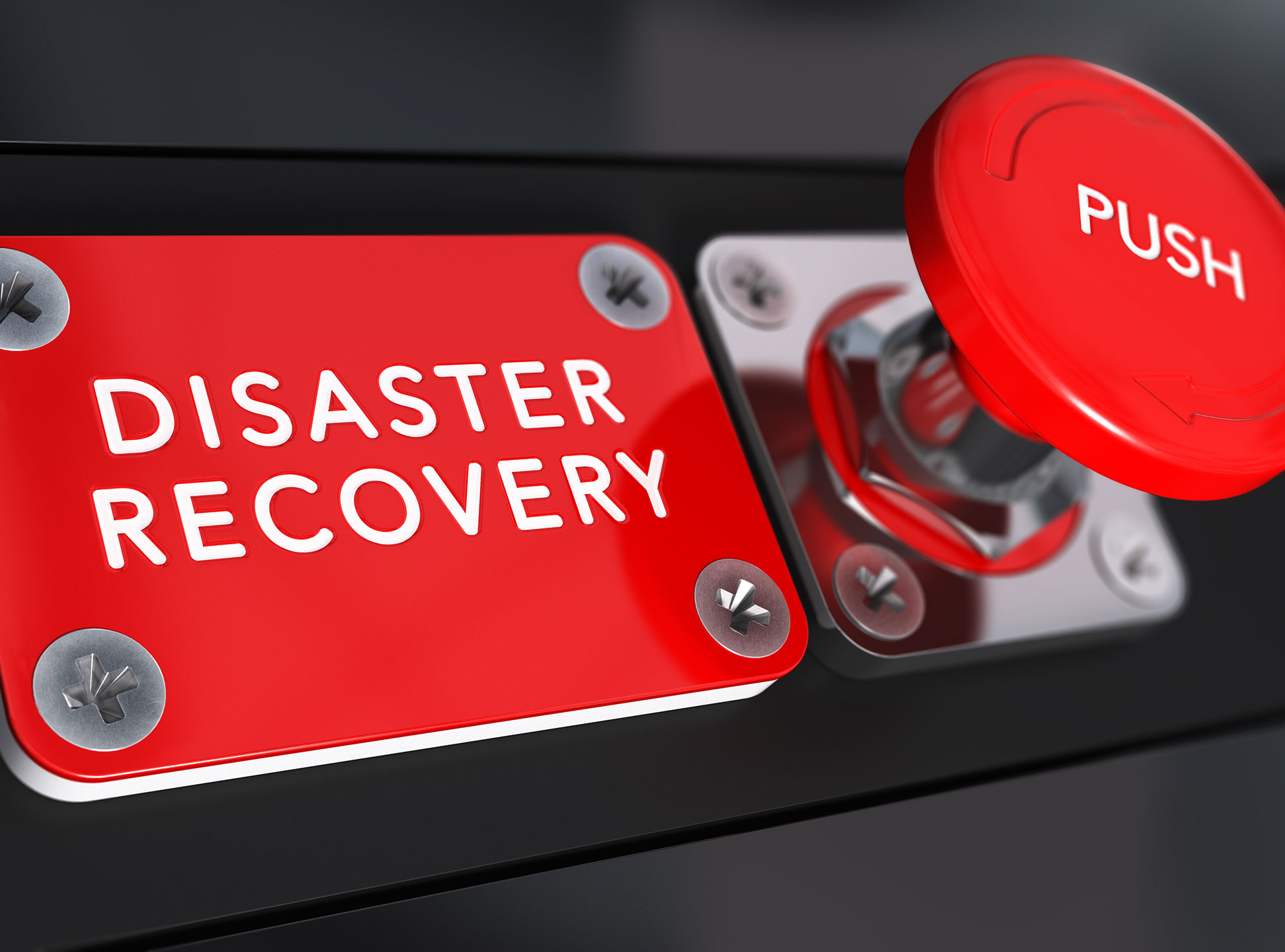What is BCDR and why is it essential for your business?
Do you know your BCDR from your MSP and SME? It seems we all love a good acronym, but in IT it’s important you fully understand what they mean, and which are the ones you need to pay attention to!…

BCDR stands for business continuity and disaster recovery. It is essential for the protection of your business. When it comes to running a business of any size including small-to-medium (SME) enterprises, you need robust BCDR, ideally delivered by an IT managed service provider (MSP).
Now that we’ve unravelled the jargon, shall we explain in more detail?
Business continuity and disaster recovery for your business
Firstly, let’s take a look at both elements in isolation.
Business continuity
Business continuity refers to an organisation’s ability to continue its essential functions and deliver its usual services during and after a disaster. What constitutes a disaster? It can be anything from cyberattacks or terrorism to fires, floods, power outages, systems failures, hardware failures or theft. Loss of continuity can be crippling or at the very least detrimental to an organisation’s bottom line.
Disaster recovery
Disaster recovery is how a business regains access to its IT infrastructure to be fully functional. A disaster recovery plan lays out clear instructions on how to respond to a disaster that could potentially halt operations. The actions in the instructions will mitigate risk, threats to productivity and damage to the reputation of the business.
E2E is a managed IT service provider. We implement BCDR processes that protect businesses and get them back up and running quickly in the event of an incident that threatens business continuity.
Creating a disaster recovery plan
In developing your disaster recovery plan there are some basics you need to understand and include:
- How long can your business afford to be ‘down’?
- How much data can you afford to lose before you are no longer operational?
- Do you have an inventory of your hardware and software?
- Who in the business should do what in the event of disaster recovery?
- Where is your data stored and how will you access it?
- What is your plan for communicating the disaster to staff, suppliers, customers, and other stakeholders?
How to avoid an IT disaster
Of course, in an ideal world, you will avoid an IT disaster so that a recovery plan is never needed. As part of a managed IT package, E2E proactively monitors the protection of your business to significantly reduce the chances of a disaster.
Unfortunately, all organisations are vulnerable to IT disasters but there are steps you can take to keep the risk to a minimum.
Back up your data
Sometimes the simple solutions are the best, and this is certainly the case here! Keeping critical data backed up, stored safely and easy to retrieve is the most straightforward business continuity solution.
You can choose between a range of backup systems including onsite backups and cloud backups.
Robust cyber security
Prevention is better than cure. A high proportion of IT disasters are the result of a cyberattack. According to government figures updated in July 2022, 39% of UK businesses identified a cyberattack in the previous 12-month period. Robust cyber security is essential for safeguarding your data. It should be regularly updated and reviewed to ensure that you have maximum security in place.
Regularly review your software and hardware
When updates are available on your software don’t ignore them! They may contain vital security protocols. Also check that the software you use is adequate for your growing or diversifying business, and still fully compatible with your cyber security. Similarly, you should be confident that any aging hardware is still operating to full capacity. Remember, hardware failures can result in the disasters you want to avoid!
How can E2E help with your business continuity and data recovery?
As part of our managed IT package, we offer disaster recovery services that are customised to meet the needs of your business. Each organisation has different technology, service agreements and objectives. We learn about your business to provide the most effective BCDR solutions. Get in touch with the team to find out more.







